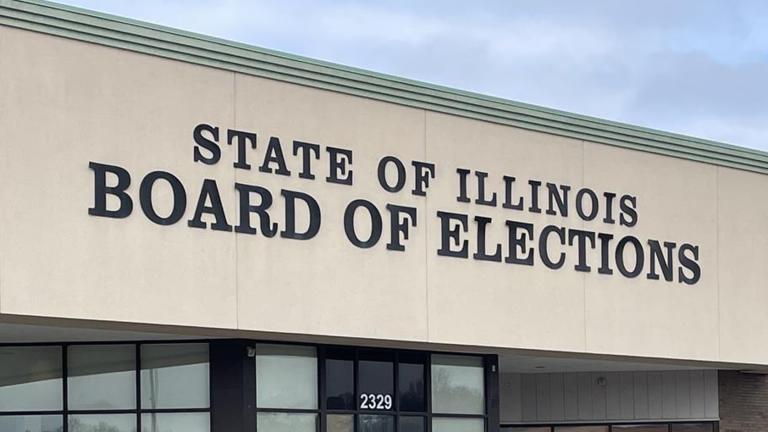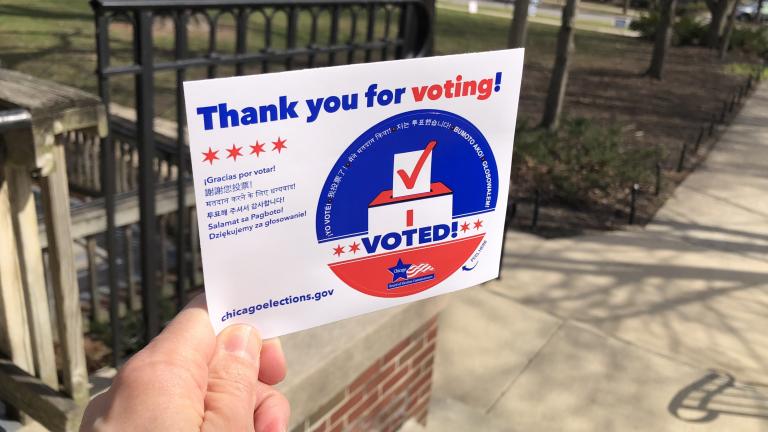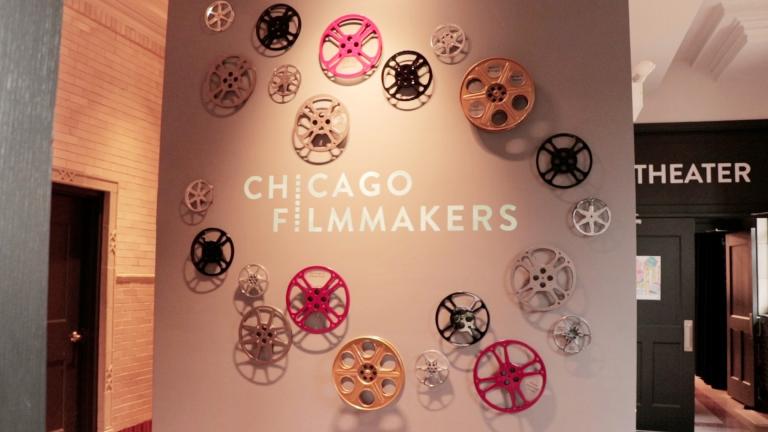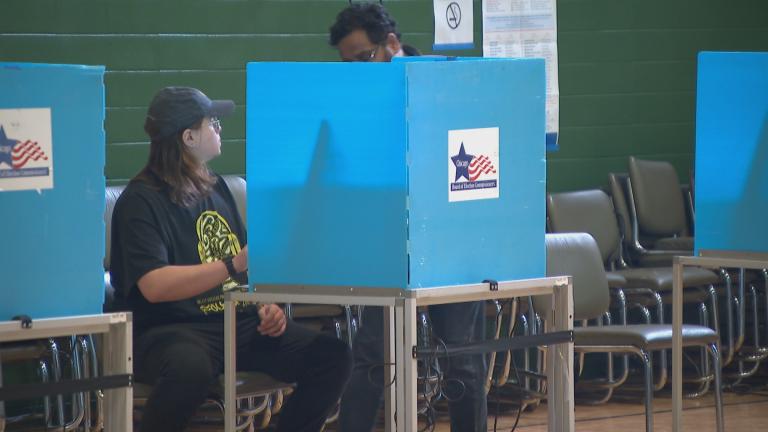Come November, Chicagoans will have far fewer places to vote than they did in June’s primary election after election officials reduced the number of voting precincts.
The change is a nearly 40% decrease that will put twice as many voters in each precinct. The Chicago Board of Elections has created 1,290 precincts with an average of 1,165 voters per precinct. Previously, the city had 2,069 voter precincts with an average of 550 to 750 voters per precinct.
It’s routine for these changes to be made after redistricting from updated census data, said Max Bever, director of public information with the Chicago Board of Elections. During the last redistricting process in 2010, the Chicago Board of Elections reduced its precincts from 2,570 to 2,069.
While it’s procedure for officials, anytime there’s changes to polling places it can cause a disruption to voters, said Ami Gandhi, senior counsel with Chicago Lawyers’ Committee for Civil Rights. She said there needs to be clear and specific communication as to where to get information to look up polling locations to avoid disenfranchisement, especially in Black and Brown communities, she added.
Voters can visit the voter information section on the Chicago Board of Elections website to find out if they’re in a new precinct or if they have a new polling place.
Fewer precincts also means fewer election judges. With the updated precinct map, the target number of judges is 6,450 instead of the previous 10,345. In the June primary, there were reports of late-arriving poll workers and no-shows, causing delayed starts.
“Nobody wants to see an empty judges table or a vacant precinct ahead of Election Day,” Bever said. “So with this precinct consolidation we are hopeful it will help with those issues and lead us to less delays in poll places opening on Election Day.”
Gandhi said it’s too early to give up hope on filling election judge spots while there are efforts from young people and civic organizations to lend a hand with recruitment. She pointed to groups like Chicago Votes and the Illinois Coalition for Immigrant and Refugee Rights who have partnered with the Chicago Board of Elections to try and fill the gap.
“It’s really important to solidify those kinds of partnerships as soon as possible instead of assuming that we can’t get enough people to participate and instead of assuming that we should slash resources for this sort of in-person voter access,” Gandhi said.








